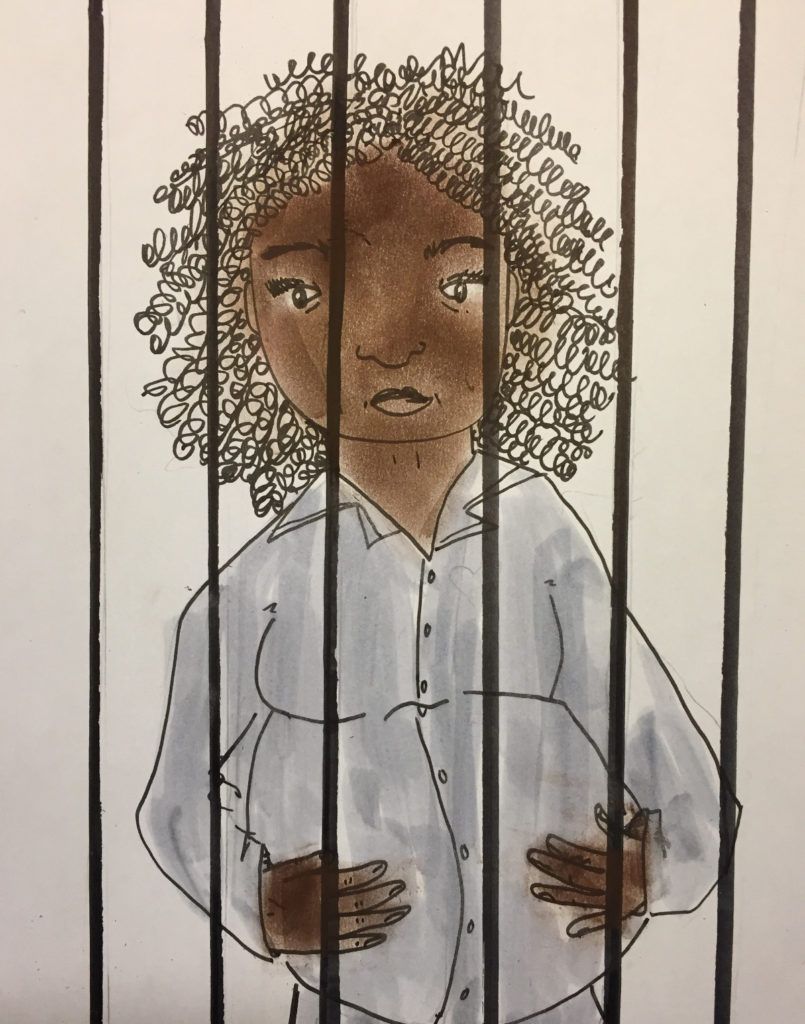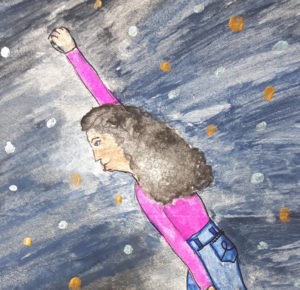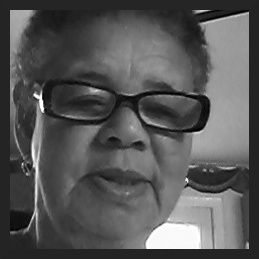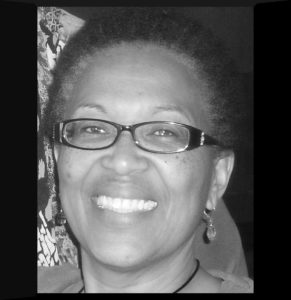 My name is Donna Paris
My name is Donna Paris
And I am Black History
The story, I am told, is that my great-great-grandfather came to Nova Scotia from Ireland once slavery was abolished in Great Britain. Despite the many hardships he faced, he managed to send his three sons to university and dream into the future so I can have the life I now live.
I am Black History
The story, I am told, is that my white great-grandmother came to Nova Scotia from France. She met and fell in love with a Black man. Her family said, “You can have him or you can have us.” Their union produced my grandfather, who produced my mother, who produced me.
Continue Reading I Am Black History
 Who am I?
Who am I?


 When Black Loyalists came to settle in Birchtown, Nova Scotia, in the late 1700s, most arrived as “free blacks.” They were former slaves who fought for the British in the American Revolutionary War in exchange for land and freedom. When they arrived in Birchtown, however, they found themselves still indentured to wealthy white Loyalists in order to survive the harsh conditions. For many, promises of land, food and lodgings never materialized. Birchtown residents did the best they could to take care of each other, but many starved or died from disease. This so-called paradise was a living hell, but it was better than slavery and a master’s whip.
When Black Loyalists came to settle in Birchtown, Nova Scotia, in the late 1700s, most arrived as “free blacks.” They were former slaves who fought for the British in the American Revolutionary War in exchange for land and freedom. When they arrived in Birchtown, however, they found themselves still indentured to wealthy white Loyalists in order to survive the harsh conditions. For many, promises of land, food and lodgings never materialized. Birchtown residents did the best they could to take care of each other, but many starved or died from disease. This so-called paradise was a living hell, but it was better than slavery and a master’s whip. My name is Donna Paris
My name is Donna Paris